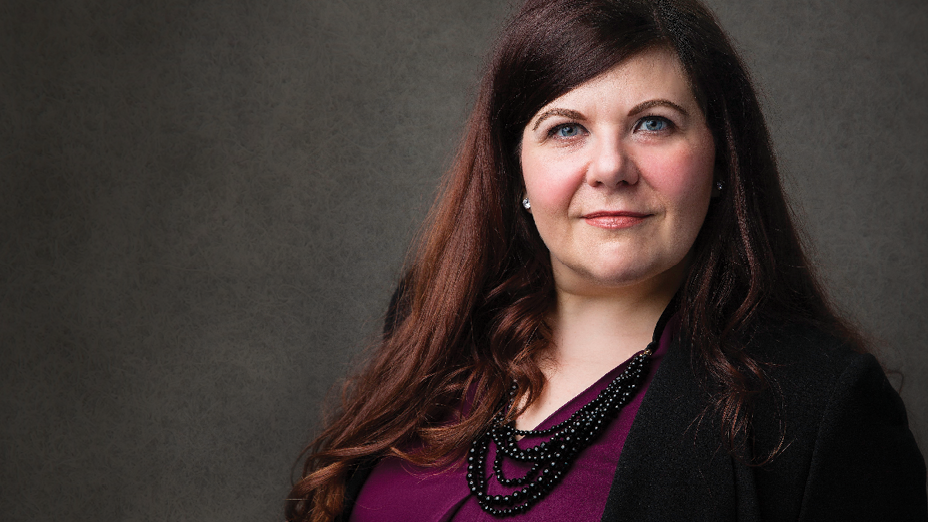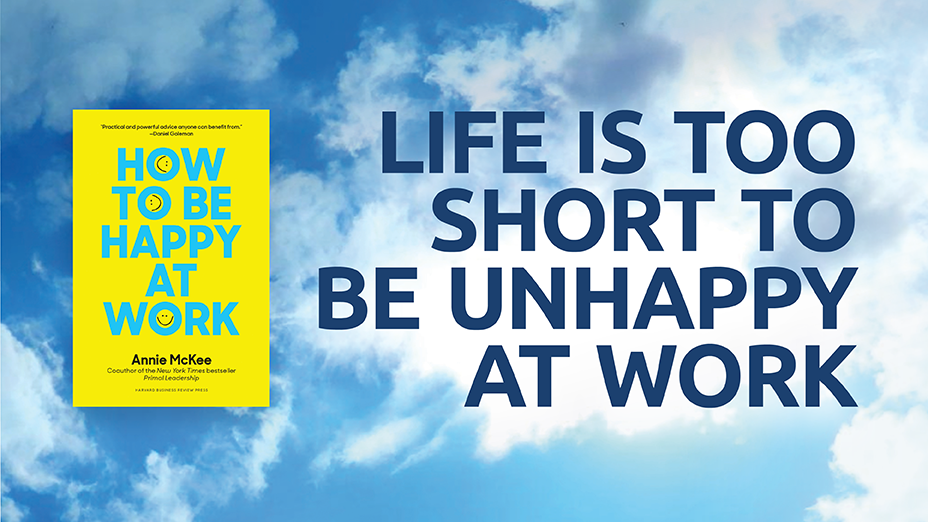Why are there still so many barriers to women gaining leadership positions, particularly on Boards or at the c-suite level?
We need to begin redefining leadership and executive roles. As they exist now, they are very much a product of the patriarchal systems that created them. We need to stop trying to make women fit into molds, and start re-shaping the system to better elevate women of all diversities and backgrounds.
Despite what gender stereotypes may tell us, women excel at leadership. They do it every day at home, in their personal lives, and at work. They are not afraid to ask for help when needed and surround themselves with people that can support them.
Leadership under women may look different than leadership under men. We need to stop seeing different as bad.
What advice would you give to women pursuing a leadership position?
I would say not to doubt your capacity! Leadership isn’t easy, so the trick is to make it manageable. My belief is that this happens through the combination of courage and resiliency. But like anything else, they only come with practice, so I suggest everyone seek out opportunities to be both courageous and resilient. Take on projects during your career where you are able to chart the course to the solution. Look for larger challenges along your path to leadership that will help you build your skills.
And finally, find at least four people who can help you when needed, no questions asked. Build that web of advisors that covers all areas where you’re vulnerable. Create that support system that works both ways. The more someone feels they can rely on you, the more reliable they will be for you.
Challenger of the status quo
and champion of girls’ rights,
Caroline Riseboro shares
insights into how executives
and leaders can advance gender
equality in the workplace.
What role can leaders and executives plan in recognizing and addressing the gender norms and societal expectations that too often hold women back?
Leaders must embrace the need for change and lead by example – for the good of their own businesses and the economy as a whole.
Throughout my career, I have discovered these unwritten rules about perfection and performance apply to women exclusively, rooted in society’s longheld beliefs about what it means to be female. Not only are they harmful for women, they are harmful to society as a whole.
As leaders, we need to acknowledge that deep-seated gender norms heavily influence how we work together, thanks in part to cultural expectations about the roles and responsibilities that men and women should have.
For me, this means building a work environment that accommodates family life and empowers - and rewards - all employees that seek more balance between professional and personal commitments. And in some cases, it requires calling out those that continue to perpetuate gendered expectations that harm our society as a whole.
Personal lives, and at work. They are not afraid to ask for help when needed and surround themselves with people that can support them.
Leadership under women may look different than leadership under men. We need to stop seeing different as bad.
What will be the biggest challenge for the next generation of women?
Non-discriminatory laws and policies and gender parity in specific sectors are clearly not enough. The research Plan International has conducted has shown us that in order to transform attitudes and change the rules of society there must be a specific focus on power which, today, remains largely in male hands. These unequal power relations often remain invisible and internalized. Until they change nothing else will.
It is not enough to make basic changes like hiring more women – we must ensure that appropriate conditions and support structures exist at all levels for them to thrive.
Discriminatory gender norms can be challenged, power imbalances between women and men can be changed, but they must be confronted before young women arrive in the workplace because they start at home, continue at school and pervade every area of our society.
If not tackled, the stereotyping that holds girls back and places often unrealistic expectations of being tough and strong on boys, wanting to restrict us all to a binary identity, continues down the generations.
We also need to find a way to begin engaging men and boys in this conversation and work-because we cannot change these systems alone.





.png)
.jpg)


What Did You Think?